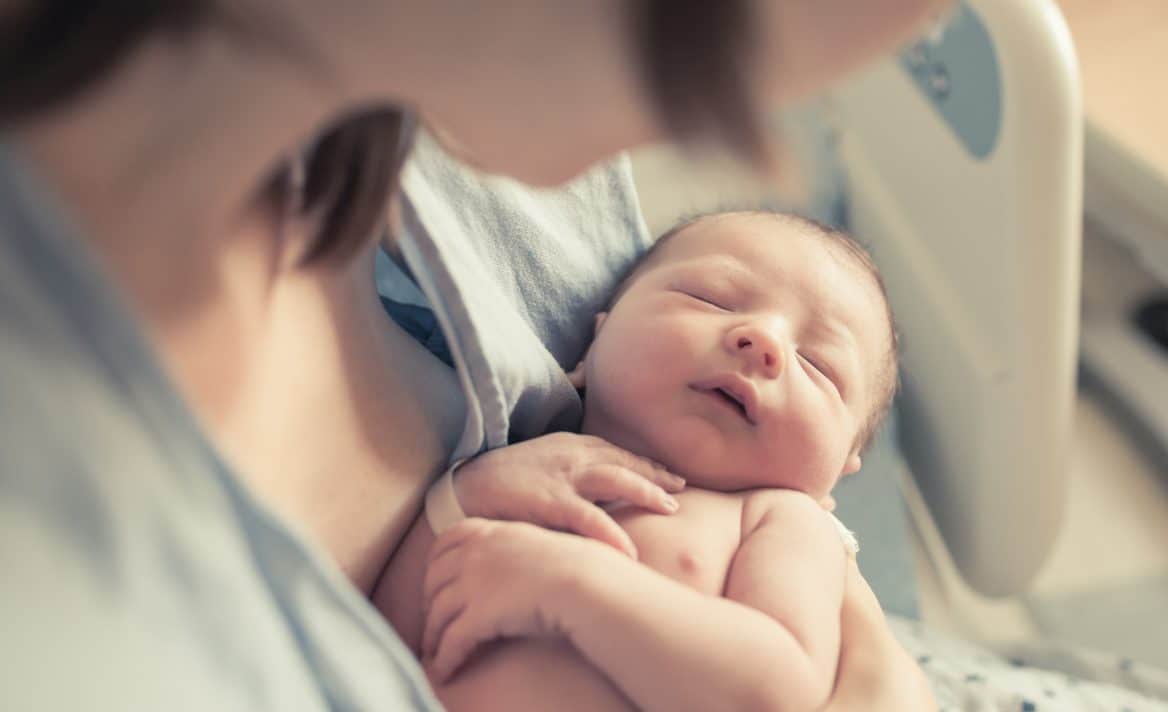POTENTIAL HEALTH ISSUES IN NEWBORNS
Preterm babies are those born before 37 weeks of gestation. Because they haven’t had enough time to finish developing in the womb, preterm infants are at a higher risk for numerous health problems. Some of those health problems are immediately
Evidence of a Higher Risk of Sleep Apnea
According to a preterm infant study published in Clinical Imaging, these infants have a tendency toward clinically significant lower nasopharyngeal and oropharyngeal volumes, compared to full term infants. The difference in airway volume occurs independently of factors like the infants’ weight, gender, and ethnicity. The researchers concluded that the increased risk of obstructive sleep apnea in preterm infants does not appear to stem from enlarged adenoids. This conclusion came after examining MRI scans on 96 infants, 49 of whom were born preterm.
Signs of Sleep Apnea in Children
Parents play a vital role in identifying the potential signs of sleep apnea in their young children. Preterm babies, as well as those who were carried to term, can be closely examined while they sleep for signs of sleep apnea. Perhaps the most noticeable sign is loud, frequent snoring. It’s also possible to observe a child with sleep apnea going through periodic pauses in breathing. Other possible signs are:
- Chronic mouth breathing during sleep
- Restless in bed
- Night Sweats
- Gasping for air
- Making snorting sounds
- Sleeping in abnormal positions with the head turned in an atypical way
- Being difficult to awaken
Children can also display symptoms during the daytime, including the following:
- Excessive Headaches
- Headaches, especially in the morning
- Irritability or grouchiness
- Agitation or aggression
- Nasal voice
- Mouth breathing
- Behavioral difficulties
- Poor performance at school
Sleep Dynamics offers special care for young patients with sleep disorders, including pediatric overnight sleep studies. Every child who undergoes a sleep study has their own dedicated technician, who monitors the child for the entire night. Call us at (848) 217-0240 if your child has been referred for a pediatric sleep study in central New Jersey.



